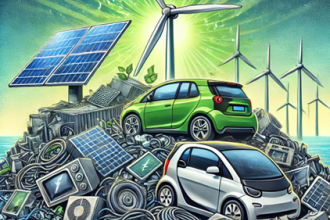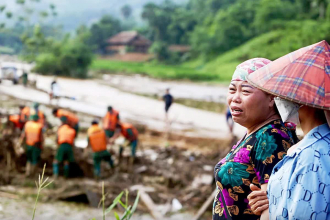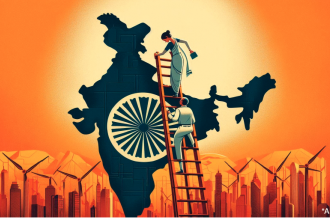A white roof makes a difference: Cooling classrooms protects early learning
In many parts of the world, climate change is no longer a distant threat—it is already reshaping everyday life. Rising temperatures are affecting health, productivity, and livelihoods. Less visible, but equally concerning, is their impact on learning—especially for very young children.









